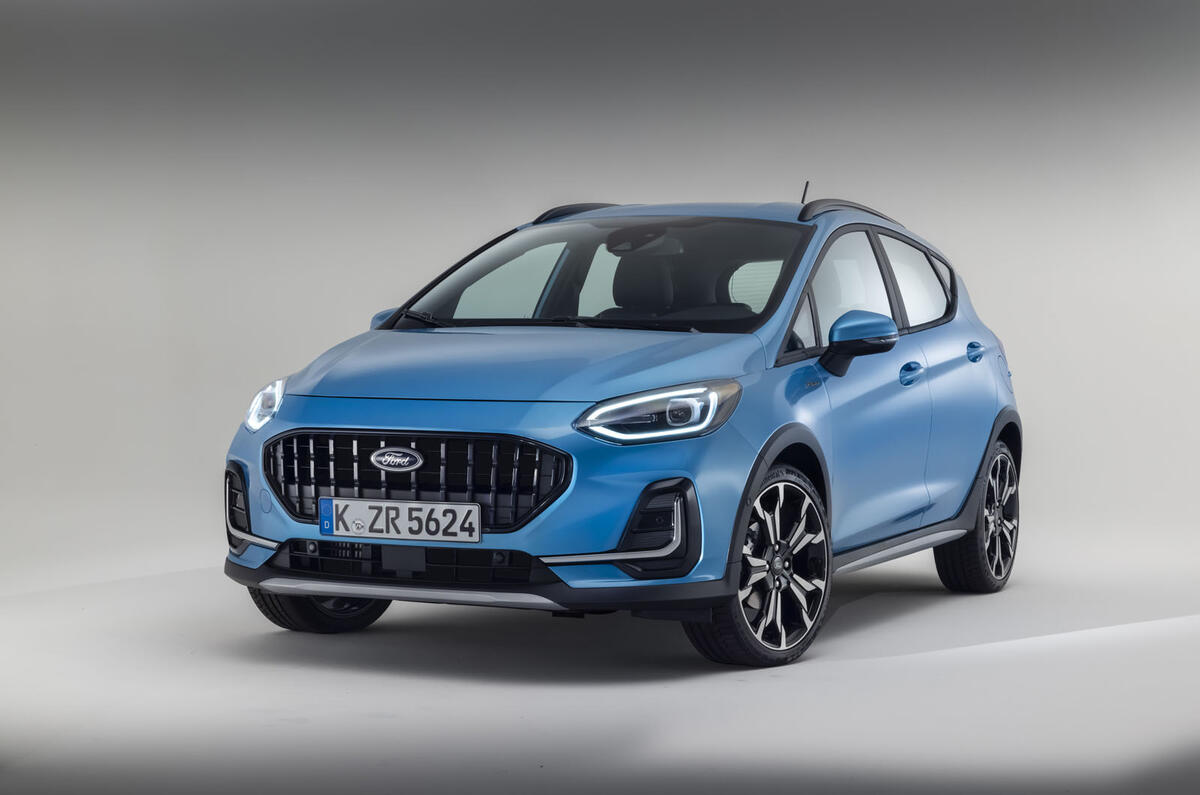The Ford Fiesta was axed as the brand “needed the space in the factory” in its switch to electrification.
Martin Sander, general manger of Ford's Model E electrification division in Europe, told Autocar that the decision was “not one we did light-heartedly, but we have to do something” if the Ford business was to change.




Join the debate
Add your comment
I am making a real GOOD MONEY ($550 to $750 / hr) online from my laptop. Last month I GOT chek of nearly 85000$, this online work is simple and straightforward, don’t have to go OFFICE, Its home online job. y30 You become independent after joining this JOB. I really thanks to my FRIEND who refer me this SITE…..,
>>>>>>> EarnCash7.com
Yet again, we hear the answer to the questions we didnt ask, is to go up market. I bet until a the pandemic hit and car prices started getting out of control nearly all Fords were under £30k, they are now going to start at that and go to 80K? Who do they think will buy these things. Who has enough money? The market for £50k plus cars has never been huge, and i see no reason why sticking batterys in them is going to make people wealthy enough, or stupid enough to buy them. Car sales will continue to fall as we go into the EV age, unless someone finds a way of selling them for high-teens, like the millions of Fiestas Ford used to sell